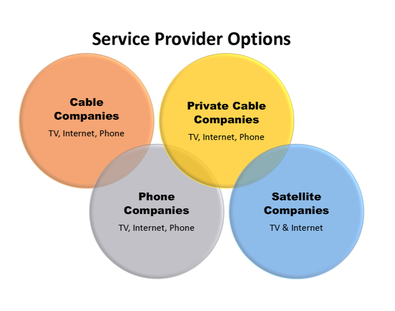Enhancing MDU Online Security Through the Tactical Implementation of Virtual Private Networks
Enhancing MDU Online Security Through the Tactical Implementation of Virtual Private Networks
Blog Article

In the current digital landscape, ensuring the safety of internet links is crucial, especially in Multi-Unit Buildings (MDUs) like apartment complexes and condominiums . Residents in these shared environments often connect to the identical connection, which can make them vulnerable to online dangers. One efficient way to enhance internet security in MDUs is through the tactical implementation of Virtualized Secure Networks (VPNs). VPNs establish a protected link over the web, enabling individuals to protect their private data and maintain privacy while online.
A VPN functions by encrypting the information that transmits between a client’s device and the internet. This means that even if someone attempts to capture the information, they will not be able to access it. For inhabitants in MDUs, using a VPN can significantly reduce the risk of information leaks and illicit entry to private data. By encrypting their internet traffic, users can navigate the internet, watch content, and interact online without worrying about hackers or other malicious actors. This extra level of protection is particularly crucial in environments where many people share the same internet link.
Alongside safeguarding private information, VPNs can also assist residents access content that may be restricted in their region. Many streaming services and sites restrict access based on geographic location. By using a VPN, users can connect to servers in different countries, allowing them to bypass these restrictions and enjoy a wider variety of online material. This feature can be especially attractive to inhabitants who wish to obtain global information, media, or learning materials that may not be accessible in their region.
Adopting VPNs in MDUs mdu security system integration can also cultivate a feeling of togetherness and confidence among tenants. When all in a complex employs a VPN, it establishes a more protected setting for exchanging data and assets. Residents can feel more comfortable using shared networks for tasks like online banking or purchasing, knowing that their data is protected. Additionally, property managers can encourage the use of VPNs as part of their overall security strategy, helping to establish a safer residential environment for all.
To conclude, the strategic implementation of VPNs in Multi-Dwelling Units is an efficient way to improve internet security for tenants. By encrypting information, providing entry to limited content, and fostering a feeling of community, VPNs offer multiple benefits that can improve the digital experience for everyone. As online threats persist to develop, it is essential for residents and building managers to emphasize online security and evaluate the benefits that VPNs can provide. Adopting this solution can result to a safer, more integrated residential environment for everyone.